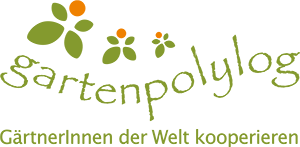Urban gardening has become increasingly popular, creating green oases in cities; however, many of these activities are undertaken in areas of high traffic density or on ex-brown field sites. As a consequence, there are still some barriers to the adoption of these urban gardening practices for food production. One of the public concerns is the transfer of urban pollutants such as heavy metals into the consumer’s food chain, however, city-wide data is often difficult and expensive to collect. In the citizen science project described herein, we conducted simple citizen-led common collaborative experiments in urban community gardens. These data provided information on the potential risk of heavy metal contaminants and ways in which to mitigate those risks in an urban gardening context. Generally, values were below guideline thresholds, however, at a few garden sites, soil trace metal concentrations (Pb, Cd, Zn) exceeded Austrian recommended limits. Moreover, only at two sites were plant trace metal concentrations shown to be above European food standards limits. Given the citizen’s positive response to the project, we suggest expanding this study to the whole of Vienna, giving newly established gardens a chance to predetermine the risks posed by their local soils.
Autor*innen
Elisabeth Ziss, Wolfgang Friesl-Hanl, Sophia Götzinger, Christoph Noller, Markus Puschenreiter, Andrea Watzinger, Rebecca Hood-Nowotny
Erscheinungsjahr
2021
